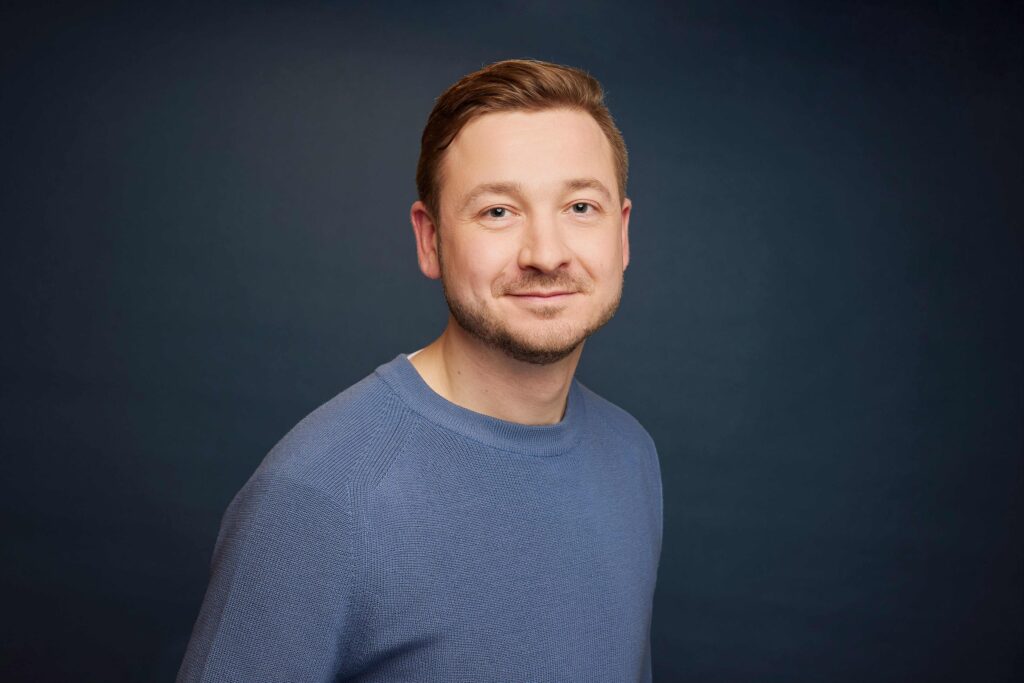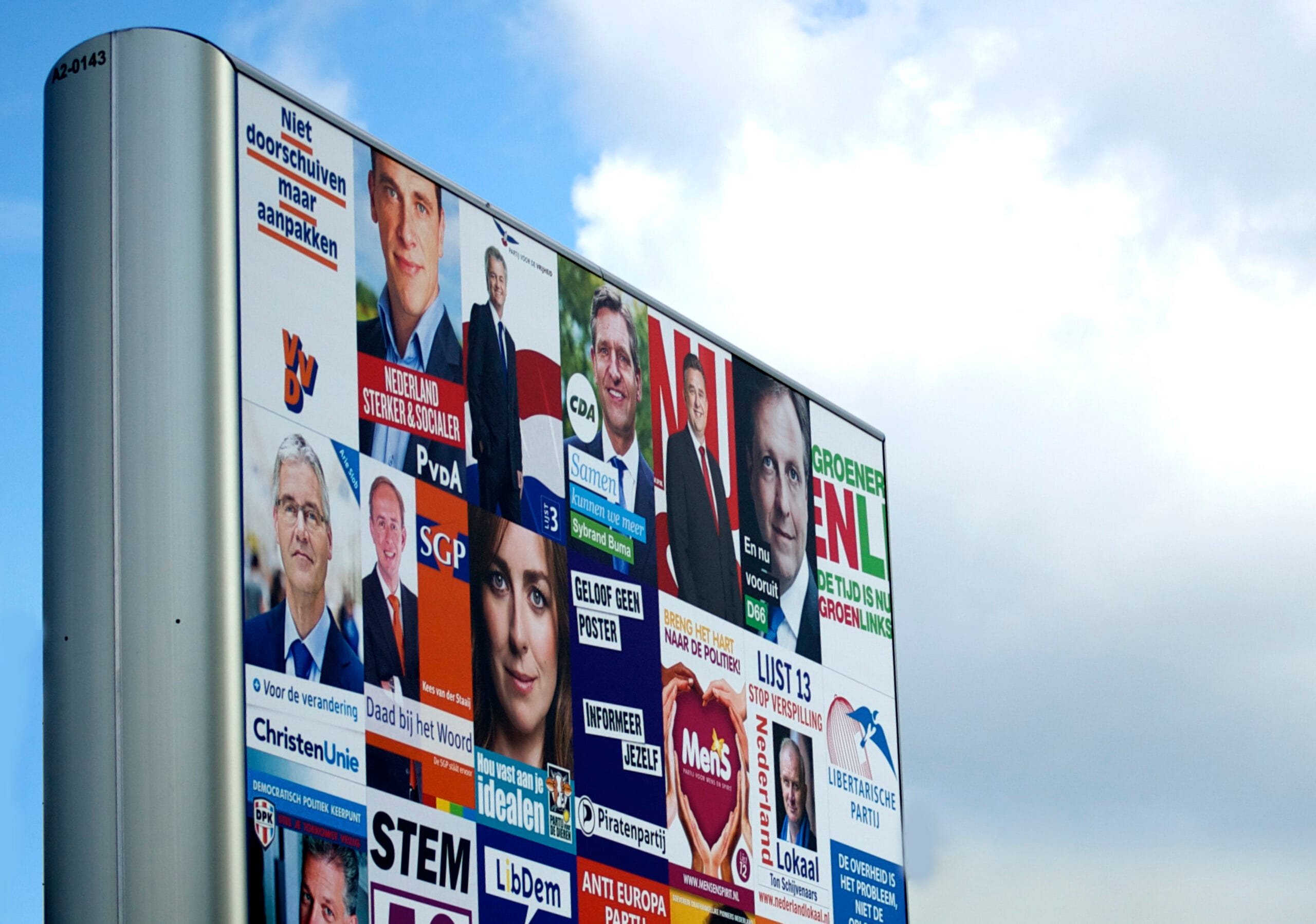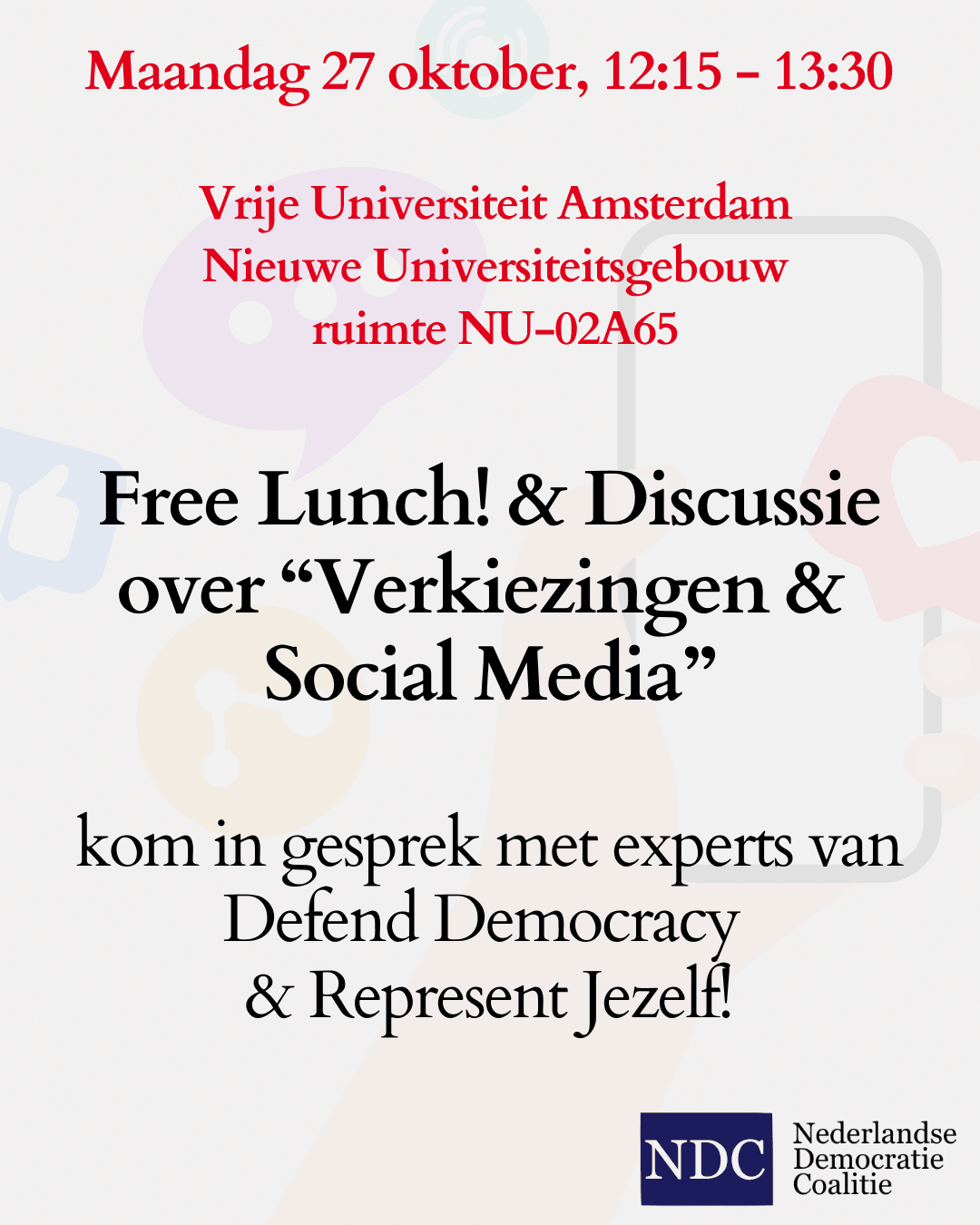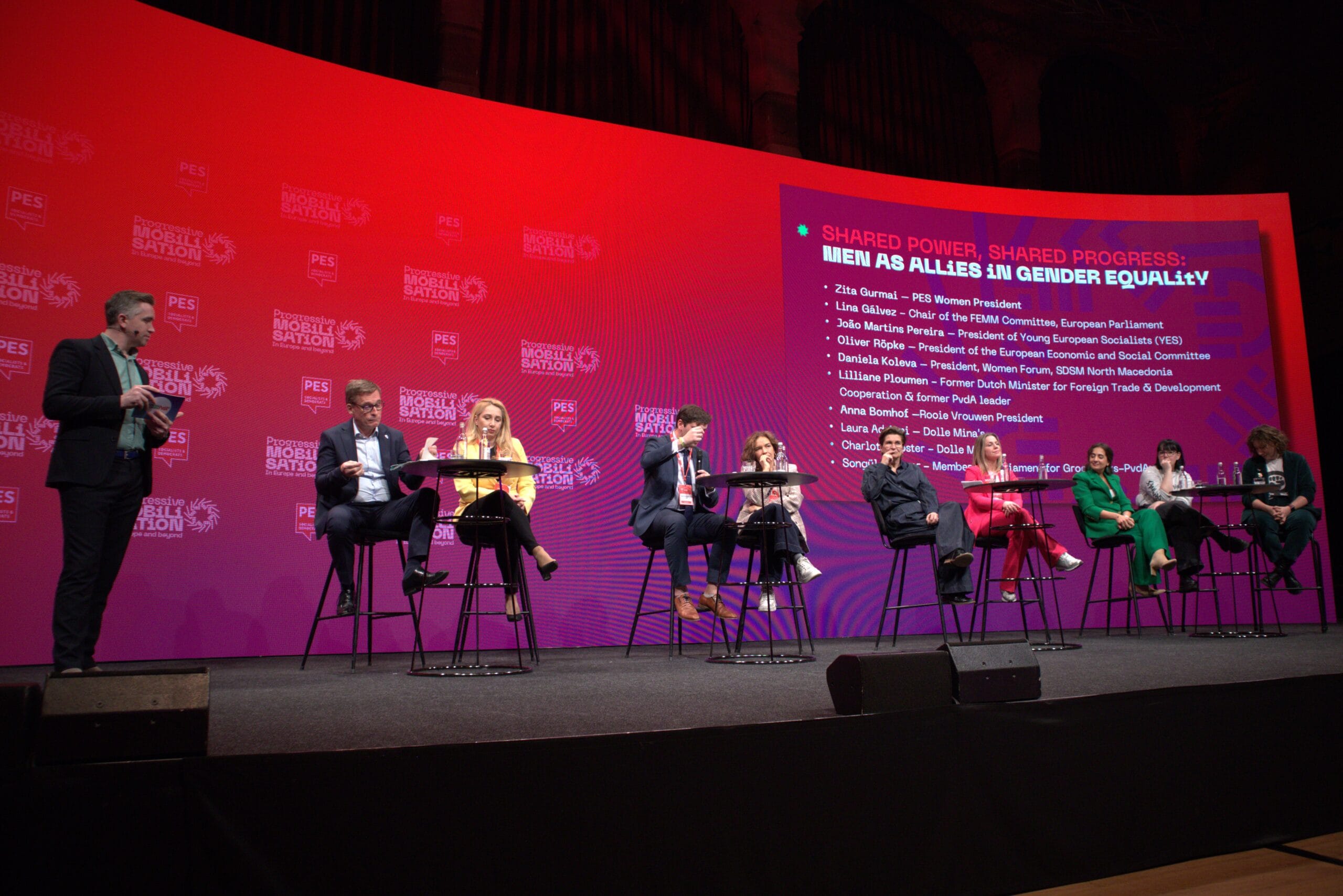Ahead of the European elections on 6 June, we speak to Marius Troost (31), who is in position 14 for GroenLinks-PvdA as a candidate for the European Parliament. Cheerfully, Marius arrives at his local café around the corner in Amsterdam West, where the interview takes place. It immediately becomes clear that Marius is primarily driven by one thing: being able to make a difference. After all, he worries about where the world is going with people, nature and the climate.
How to deal with the world is a question that seems to have been on Marius' mind since childhood. Somewhat smiling and somewhat embarrassed, he says: "Maybe this is not very Green Left and so I really shouldn't tell you this... But when I was in secondary school I really wanted a moped, I lived quite far from school. At the same time, I also knew that mopeds were bad for the environment, so I started searching endlessly for the least polluting moped available." He ended up with an old Honda, bought it and enjoyed it for years. He then goes on to say somewhat proudly that he also managed to get his parents into soy milk.
Marius currently works at organisation Both ENDS, where he fights for more climate justice in the Netherlands' foreign policy. Within his work, he still sees plenty of things that can be improved in the European Union's climate policy. And that is what he wants to do. A Green Deal 2.0, for example, in which, besides CO2 reduction, attention is also paid to our footprint in a broader sense. Marius is driven and ambitious and thinks we are still really too focused on just reducing CO2 emissions, "in doing so, we are actually creating a new problem with just one solution; we are hardly paying attention to the depletion of our earth and its raw materials".
Before Marius' work on climate justice, his great interest and passion was Ukraine. From his background as a Slavist, he became fascinated by the country and its people, who he felt had long been a very special drive have to democratise the country. However, he felt he could make more of a difference on climate, "because there is so much to be gained there". And so Marius made climate and especially climate justice his new mission; how do we ensure that the effects of climate change do not only affect the most vulnerable on this earth?
From activism to politics
At Both ENDS, Marius works as an activist lobbyist, where his work includes export credit insurance. He explains that in his work, he tries to tackle politics from the inside as well as the outside. "And that is important too, because after all, it is politics that sets the frameworks," he says. For instance, he writes letters to politicians advocating a more sustainable world. But he also tries to seek out the media, to tell his story to the general public. "In getting governments to stop providing fossil subsidies, you also saw that we really needed the big climate demonstrations to achieve something like this."
Yet Marius now wants to make the switch to politics, to the inside. Again because this is where he thinks he can make the most impact. "Especially in the field of environment and climate, so many regulations come out of Europe. Then it just affects hundreds of millions of people. When I saw that, I thought, 'Wow this is so beautiful and powerful, if you get something done there, you change the lives of millions of people for the better.'"
Europe
As mentioned, Marius is ambitious, although the current Green Deal is still being fought over, he would prefer to achieve a Green Deal 2.0. A package that looks beyond just reducing CO2 emissions, one in which there is consideration for our ecological footprint in the broadest sense. He would like to bring about legislation that pays more attention to a sustainable way of using materials and raw materials. "That really requires a change in thinking and making difficult choices. That would become my priority in Europe." As an example, Marius points to the ecodesign laws that have already been established, which set rules for the production and reuse of products. He explains that those rules are finally there for some products, but for many crucial products they are still totally lacking. "Think of cars, which are getting bigger and bigger."
"At the same time, we need to help countries outside the EU meet the product requirements set by Europe." According to Marius, it is very good that Europe sets standards, because you see that the rest of the world then follows. At the same time, you should also not become a fortress Europe to which other countries can no longer export their goods. "In the original legislative proposals from the Green Deal there were also real measures to help countries outside the EU meet the product requirements, but that was scrapped out in the legislative process due to short-sightedness from the right."
Time to turn that back, then, and that is exactly what Marius wants to do. Indeed, according to the number 14 of GL/PvdA, the EU is still adopting far too neoliberal a position within world trade. "How the Commission concludes trade agreements and the EU's stance within the WTO, that is still focused on the idea that more trade is always better..."




